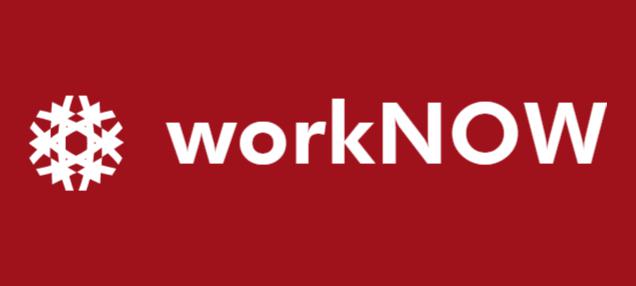Data Analyst
Controller Job Description
A data analyst collects, processes, and performs analysis of large datasets. Every business, be it small or big, generates, and collects data. This data can be in the form of customer feedback, accounts, logistics, marketing research, and so on. A data analyst is a professional who takes this data and figures out numerous measures, such as how to improve customer experience, price new materials, and how to reduce transportation costs, to name a few. Data Analysts deal with data handling, data modeling, and reporting. Data analysts develop ways to collect and study data to help businesses increase their finances. These analysts typically consult with business owners, CEOs or board members to understand that company’s specific goals. Then, the analysts create reports based on their collected data to help those businesses create strategies to help them meet those goals. There is a high requirement for professionals who can help organizations convert raw data into meaningful information, which in turn can help the growth of the business.
Microsoft Excel and SQL should be mainstays in any data analyst’s toolbox. While Excel is ubiquitous across industries, SQL can handle larger sets of data and is widely regarded as a necessity for data analysis. Learning a statistical programming language like Python or R will let you handle large sets of data and perform complex equations. Though Python and R are among the most common, it’s a good idea to look at several job descriptions of a position you’re interested in to determine which language will be most useful to your industry. Presenting your findings in a clear and compelling way is crucial to being a successful data analyst. Knowing how best to present information through charts and graphs will make sure colleagues, employers, and stakeholders will understand your work. Tableau, Jupyter Notebook, and Excel are among the many tools used to create visuals. Knowing the concepts behind what data tools are actually doing will help you tremendously in your work. Having a solid grasp of statistics and math will help you determine which tools are best to use to solve a particular problem, help you catch errors in your data, and have a better understanding of the results. A data analyst needs to have a good understanding of the question being asked and the problem that needs to be solved. They also should be able to find patterns or trends that might reveal a story. Having the critical thinking skills will allow you to focus on the right types of data, recognize the most revealing methods of analysis, and catch gaps in your work. Being able to get your ideas across to other people will be crucial to your work as a data analyst. Strong written and speaking skills to communicate with colleagues and other stakeholders are good assets in data analysts. Knowing about the industry you work in—health care, business, finance, or otherwise—will give you an advantage in your work and in job applications. If you’re trying to break into a specific industry, take some time to pay attention to the news in your industry, or read a book on the subject. This can familiarize you with the industry’s main issues and trends.
Most entry-level data analyst positions require at least a bachelor’s degree. Fields of study might include data analysis, mathematics, finance, economics, or computer science. Earning a master’s degree in data analysis, data science, or business analytics might open new, higher-paying job opportunities. If you’re considering getting a degree to become a data analyst, focusing your coursework in statistics, math, or computer science can give you a head start with potential employers.
Typical duties of a Controller
- Designing and maintaining data systems and databases; this includes fixing coding errors and other data-related problems.
- Mining data from primary and secondary sources, then reorganizing said data in a format that can be easily read by either human or machine.
- Using statistical tools to interpret data sets, paying particular attention to trends and patterns that could be valuable for diagnostic and predictive analytics efforts.
- Demonstrating the significance of their work in the context of local, national, and global trends that impact both their organization and industry.
- Preparing reports for executive leadership that effectively communicate trends, patterns, and predictions using relevant data.
- Collaborating with programmers, engineers, and organizational leaders to identify opportunities for process improvements, recommend system modifications, and develop policies for data governance.
- Creating appropriate documentation that allows stakeholders to understand the steps of the data analysis process and duplicate or replicate the analysis if necessary.
Skills: - Creative and analytical thinking
- Communication
- Database querying
- Data mining
- Data cleaning
- Programming languages and tools (Python, R, Excel and Tableau)
Qualifications: Data analysis, Mathematics, Finance, Economics, Computer science, Data science, or Business analytics

